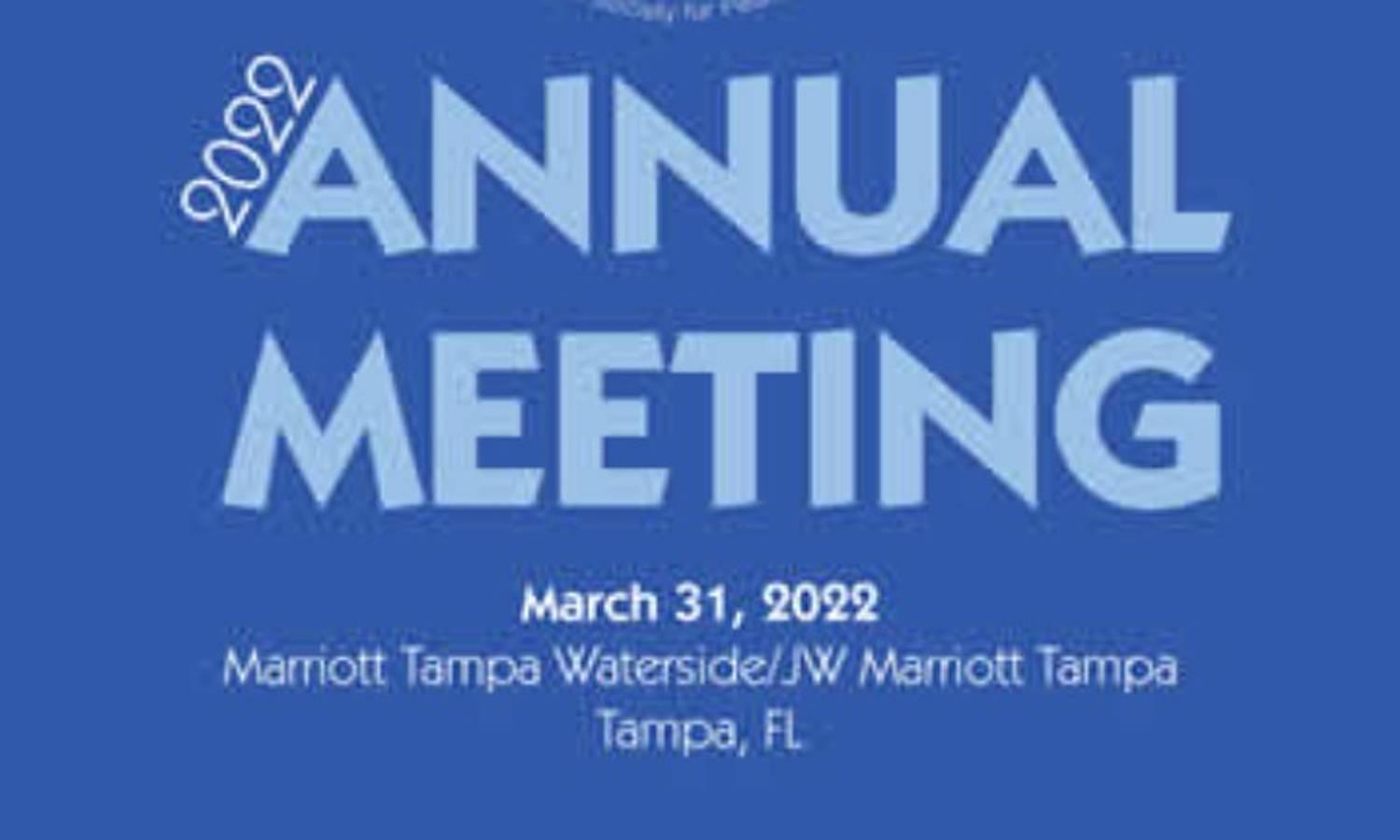
New Developments in the Treatment and Management of Heart Failure: Managed Care Considerations on the Role of New and Emerging Therapies
English
Recorded Courses
hosted by National Association of Managed Care Physicians (NAMCP)
hosted by National Association of Managed Care Physicians (NAMCP)
attend it anywhere online
category
Healthcare Management, Medicine
Cardiology
price
On Book
New Developments in the Treatment and Management of Heart Failure: Managed Care Considerations on the Role of New and Emerging Therapies is organized by National Association of Managed Care Physicians (NAMCP).,,This activity is valid from July 1, 2022, to August 1, 2023,,Description:,Heart failure (HF) is a common condition that affects approximately 5.7 million people in the United States, and the prognosis for patients with heart failure has traditionally been poor. Projections show that by 2030, the prevalence of heart failure will increase 46 percent from recent estimates. HF is the reason for more than 1 million hospitalizations per year and an estimated $31 billion in costs in the U.S. each year. While recent efforts have focused on improving the outlook for patients with chronic heart failure, mortality and morbidity following admission for heart failure remain significant. Fortunately for patients with HF, new and emerging therapeutic options have entered the treatment paradigm recently, including SGLT2 inhibitors, showing the ability to improve clinical and economic outcomes for the patient and system, which makes it imperative to update medical directors, practicing physicians, nurses and other healthcare professionals on recent clinical data and recommendation updates regarding these new therapy options.,,Upon completion of this activity, participants will be able to:,• Review the incidence and prevalence of heart failure (HF), the difference between heart failure with preserved or reduced ejection fraction (HFpEF or HFrEF), diagnostic testing, and prognosis,• Differentiate new and emerging therapies for HF based on mechanism of action, safety, and efficacy, including options for patients with high-risk HF with reduced ejection fraction (HFrEF),• Identify patients at high risk for worsening heart failure to prevent life-threatening events through prompt intervention,• Assess the impact of COVID-19 on HF management,• Calculate the high cost of hospitalizations and emergency department visits, reduced quality of life, and treatment challenges for patients diagnosed with HF,• Implement best practices that bridge gaps in healthcare disparities to ensure evidence-based, equitable access to new and emerging treatment for heart failure to improve long-term patient outcomes.









